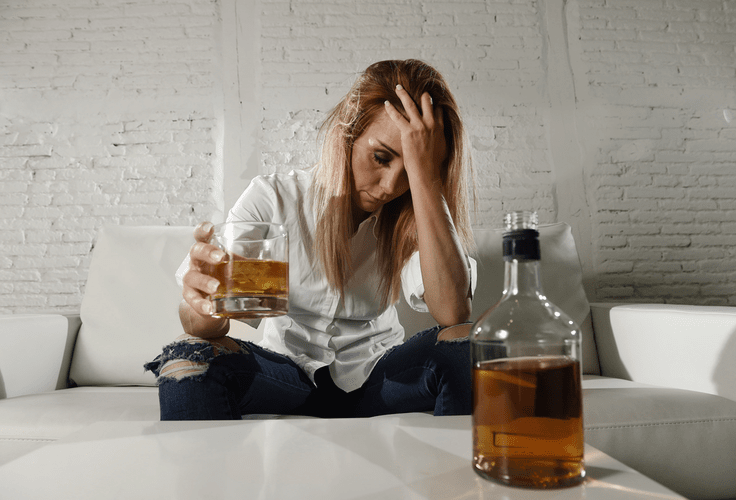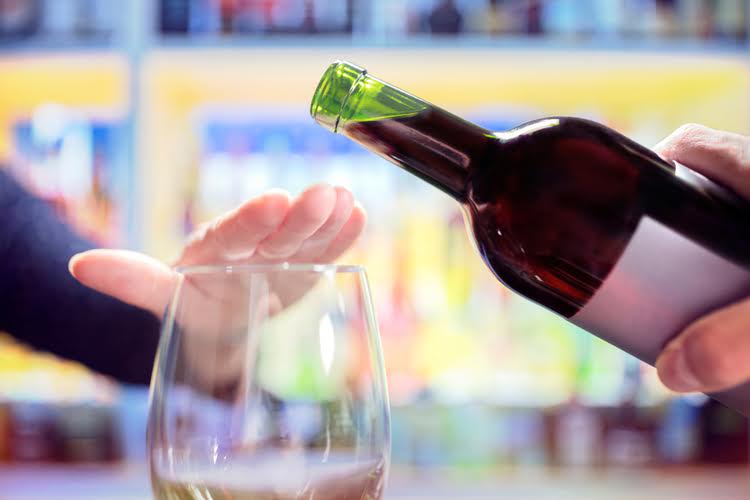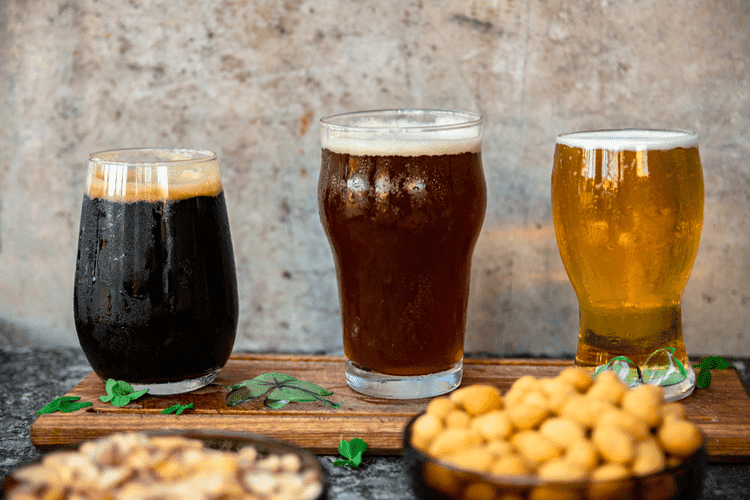In very rare cases, reactions to alcohol may be a sign of Hodgkin’s lymphoma. It’s very difficult for consumers to know whether an alcoholic drink contains allergens or ingredients they’re intolerant to. That’s because in the UK, alcoholic drinks manufacturers don’t have to put an ingredients list or nutrition information on the label.
The Triggers
- If your body doesn’t produce enough active DAO, you may react to histamine in foods and beverages.
- If you have a severe reaction and carry an EpiPen (epinephrine), use it and call 911.
This takes time, which is why the symptoms can last for a whole day or more. It is best for people who have gluten intolerance to avoid beer, unless it is gluten-free. Genuine alcohol allergies, in which people only react to the alcohol, are much less frequent. However, some people with Hodgkin lymphoma experience pain in their lymph nodes after consuming alcohol. Anaphylaxis is a life threatening condition that involves a series of symptoms, such as a rash, low pulse, and shock. An alcohol allergy can occur when a person with an alcohol allergy comes into contact with alcohol, which is also known as ethanol.
Alcohol Allergy Treatment and Prevention
- Unfortunately, nothing can prevent reactions to alcohol or ingredients in alcoholic beverages.
- Alcohol intolerance can cause immediate, uncomfortable reactions after you drink alcohol.
- Researchers are exploring the complex relationship between alcohol and allergic reactions.
- Then you can start again, perhaps trying just one of your go-to drinks at a time.
- Alcohol intolerance is caused by a genetic condition in which the body can’t break down alcohol efficiently.
Many foods, including red wine and aged cheese, are high in histamine. This is the same chemical involved in allergic reactions in the body. If drinking alcohol—also known as http://stungun.ru/stun_dostavka ethanol—gives you food allergy symptoms such as flushing or hives, you may have an intolerance to alcohol.

Histamine intolerance

An allergy or intolerance to alcohol is not always responsible for symptoms occurring after drinking alcohol. Symptoms are more likely to be a reaction to the ingredients in a drink, or the alcohol causing other types of allergies to worsen. For example, alcohol may exacerbate preexisting asthma conditions. If an allergy to an https://metalarea.ru/unformat/5825-boytronic-the-robot-treatment-remix-pack-piece-of-entertainment-and-dancing-wild-for-you-2020.html ingredient in alcohol is suspected, an allergy test may be recommended.

One older study in people with asthma found that over 40 percent of participants said that drinking alcohol prompted allergy or allergy-like symptoms. http://www.ekranka.ru/actor/165/ At present, there is no cure for a genuine alcohol allergy. The best way to prevent a reaction is to simply avoid alcohol. People with alcohol intolerance react quickly to consuming alcohol. Two common symptoms are facial flushing, in which the skin on the face quickly turns red, and nasal congestion.
- These antibodies trigger an allergic reaction in your body.
- Instead, they state that the data indicate that alcohol interacts with a component involving the body’s allergic response.
- Yeast is used in all fermented alcoholic beverages, including beer, wine, hard cider, and sake.
- In this procedure, they will ask you to consume a sample of your suspected trigger.
- One report, which the American Academy of Allergy Asthma & Immunology (AAAAI) cite, found a link between high levels of alcohol use and high IgE levels.
- This questionnaire will summarize your specific allergy symptoms to share with your healthcare provider and learn more about your testing options.
- Allergy testing should always be done in a medical setting.
